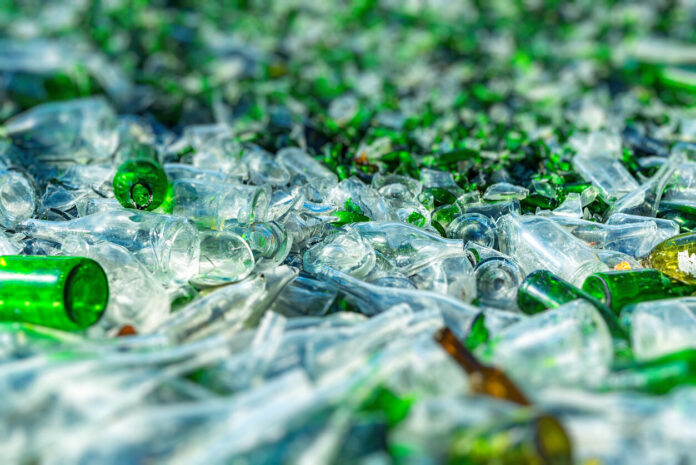France declared on Thursday, June 22, 2023, to put in place a series of measures aimed at reducing plastic production and promoting the reuse of glass packaging. Among these measures, the introduction of a deposit on glass packaging stands out. Announced by the Secretary of State for Ecology, Bérangère Couillard, this initiative aims to establish a deposit system within two years, by first launching experiments with voluntary hypermarkets.
Bérangère Couillard underlines the importance of this approach by declaring that the “mother of battles” consists in reducing the production of plastic. The return of the glass deposit for bottles and jars is a key step in this transition to more sustainable packaging. The first steps in implementing this directive will include discussions on the legal framework before the end of the year. Then, experiments will be carried out next year, followed by a generalization of the deposit network within two years.
Supermarkets and hypermarkets, depending on their size, will be required to take back empty glass packaging from their customers. The Carrefour group has already expressed its interest in participating in this initiative, thus showing strong support for the transition to more sustainable packaging. Surely other groups in the retail sector will follow suit in the years to come.
In parallel with the introduction of the deposit on glass packaging, the government plans to implement several other far-reaching environmental measures. In order to promote selective collection, specific yellow bins intended for sorting recyclable packaging will be installed in the streets, tourist areas, businesses and places open to the public.
This initiative aims to simplify and encourage the active participation of everyone in the recycling process. In addition, incentive pricing for waste is planned, with the aim of encouraging households to sort more and adopt more responsible management practices. This approach is based on the notion of individual responsibility and aims to make citizens aware of the importance of reducing their environmental footprint by adopting more sustainable behaviors.
Always in an approach resolutely turned towards the preservation of the environment, the Secretary of State for Ecology goes even further by proposing drastic measures to reduce the use of non-recyclable plastics. By 2025, it plans to ban certain products such as carbon black food trays and expanded polystyrene, which are particularly difficult to recycle. This bold initiative is part of a global vision of transitioning to a circular economy, where resources are used in a more sustainable way and waste is minimized. The ambitious goal is to phase out single-use plastic packaging by 2040.





